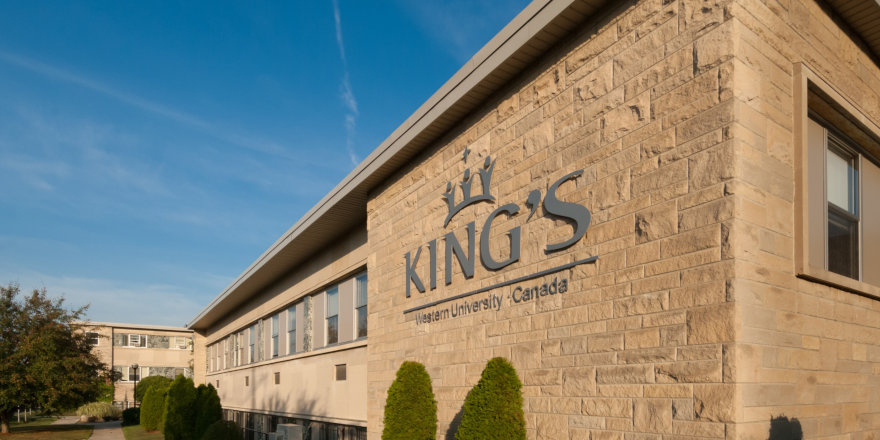The Benefits of Applying for Scholarships
5 time-tested ways to finance your academic growth.

Financing post-secondary school can be difficult. With the cost of tuition, textbooks, housing, and food piling up, it's normal to feel overwhelmed. Here are some tips and guidelines to help you finance your education and remove some of that stress from your shoulders.
1. High school scholarships
Many high schools offer their own scholarships for graduating students to be put towards post-secondary schooling. Depending on your school, these can include:
It's important to reach out to your guidance office to determine what awards your school is offering — and how to apply for them.
2. Post-secondary scholarships
When applying to post-secondary schools, you may have received a letter telling you the entrance scholarship amount you will receive from them based on your incoming grades. This scholarship is generally automatically awarded, meaning you don't need to apply for it.
Most institutions will also have additional scholarships that students can apply for outside of the automatic entrance scholarship. King's University College, for example, gave out over 3 million dollars in scholarships last year alone. Check out the awards available at King's.
3. On-campus employment
Looking to have a flexible work schedule that accommodates your class and study time? If so, working on-campus may be a great way for you to make money and still prioritize your schooling.
Working on campus is a huge benefit, as your employers understand that school comes first, and respect the limited hours you're able to work. Whether you're a domestic or international student, we encourage you to apply to work at King's.
4. Third party scholarships and bursaries
In addition to the funding available through your high school and post-secondary institution, scholarships and bursaries are also offered through external application and database sites, including:
Sites like these list awards that might be hard to find otherwise, and direct you on where and how to apply.
5. Grants and loans
If you're an Ontario resident, you're eligible to apply for the Ontario Student Assistance Program, more commonly referred to as OSAP. If you're not a resident of Ontario, you can still apply for grants and loans from institutions CIBC, Scotiabank, and others.
The difference between a grant and a loan is that a grant is a gift from the government or bank to assist you. This is money you don't need to pay back. A loan, on the other hand, is temporary: you have to pay the money back, usually with interest.
If you are going apply for a grant or loan, talking to a financial advisor first is a good option. Meeting with a financial advisor is typically free at banks, as well as the post-secondary institution you applied for. If you've been accepted at King's, and you're looking for any sort of financial counselling, you can book an appointment with us any time.
We hope this list has shown you some new ways to think about financing your post-secondary education, and we hope to see you here with us at King's in the fall!
Get more info on King's